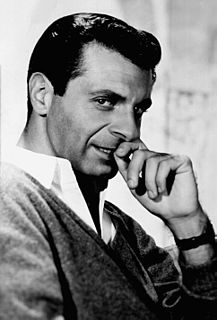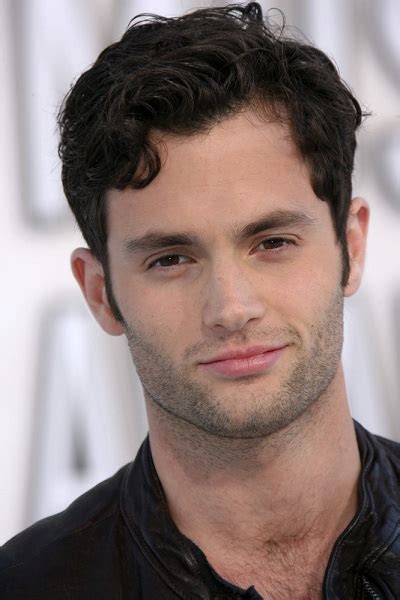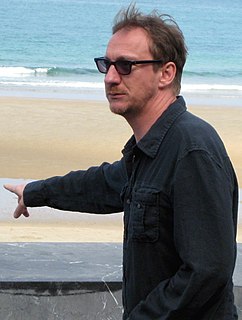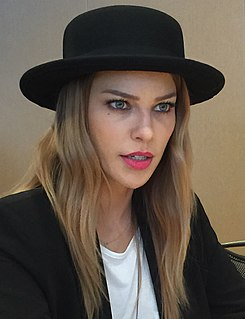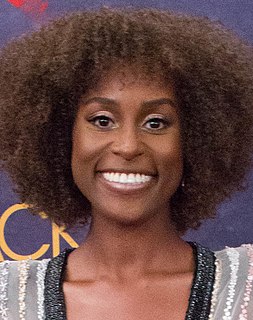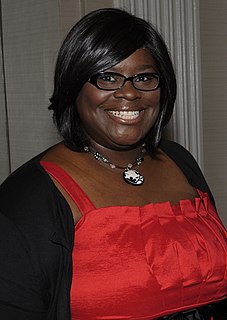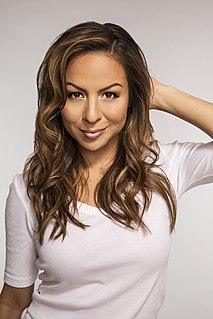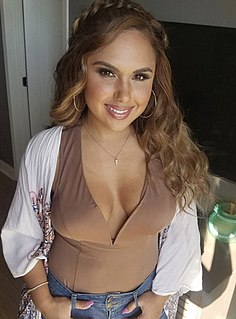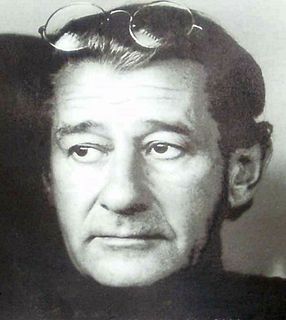A Quote by Mort Sahl
In the forties, to get a girl you had to be a GI or a jock. In the fifties, to get a girl you had to be Jewish. In the sixties, to get a girl you had to be black. In the seventies, to get a girl you've got to be a girl.
Related Quotes
I do a bit called, 'You go, girl!' where I say, 'Don't tell me 'You go, girl!' I get it. I don't need you encourage me.' And nine times out of 10 after I finish the bit, some guy in the back will yell 'You go, girl!' I get a lot of that or 'I hear ya!' I don't generally - knock on fake wood - get mean heckling.
I had started acting when I was 7, and I was always wrong. I would always get to the very end [of the audition], but I wasn't a perfect package of one thing. I wasn't a cliche, and it always worked against me. I wasn't pretty enough to play the popular girl, I wasn't mousy enough to be the mousy girl. Then there was a TV show that Toni Collette was starring in. And when a role to play a girl who was struggling with identity came, I thought: "Oh, this is what I was supposed to do. Everything's leading up to this moment." I was 18. I was like, "This is it." I didn't get it. And I was devastated.
The Girl With Many Eyes One day in the park I had quite a surprise. I met a girl who had many eyes. She was really quite pretty (and also quite shocking!) and I noticed she had a mouth, so we ended up talking. We talked about flowers, and her poetry classes, and the problems she'd have if she ever wore glasses. It's great to know a girl who has so many eyes, but you really get wet when she breaks down and cries.
